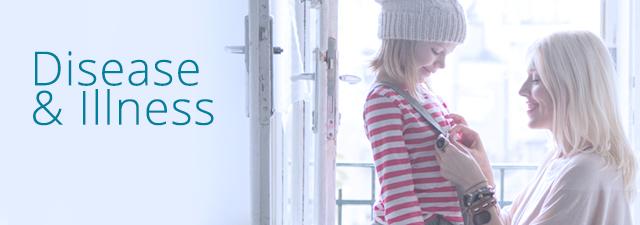Algoma Public Health
Tuberculosis
Tuberculosis (TB) is an infectious bacterial disease that usually involves the lungs. The disease occurs worldwide, but it is more common in underdeveloped countries.
How is TB spread?
TB is spread by respiratory droplets. Coughing and sneezing are methods that can expel the bacteria into the air that you breathe. Prolonged exposure to an infected person may lead to an infection.
Contact Us!
Sault Ste. Marie: 705-942-4646
Blind River: 705-356-2551
Elliot Lake: 705-848-2314
Wawa: 705-856-7208
How do I know if I have TB?
Many diagnostic measures can be used to determine if you have tuberculosis.
- A TB skin test indicates possible contact with infectious TB.
- Chest X-rays can indicate tuberculosis lesions.
- Microscopic examination of your sputum may indicate the TB bacteria.
Symptoms such as fatigue, fever, weight loss, chest pain, difficulty breathing, and hoarseness can be indicative of tuberculosis infection.
Can TB be treated?
Anti-tuberculosis medication is commonly used to treat tuberculosis. A combination of oral medication is usually prescribed for a period of 6 to 12 months.
What is the difference between a TB infection and TB disease?
If you have been in contact with an individual with TB disease, you can develop a TB infection. People who have a TB infection cannot spread TB to others. The germs are in your body, but don’t grow or make you sick. You can take medicine to kill these germs so that they don’t cause TB disease later on.
If your body is weak, and it cannot stop the TB germs from growing, you can develop TB disease. The germs keep growing and make you sick and you can spread TB to others. You must take medicine to treat the TB. If you have TB disease, you can feel sick with fever, cough (for more than 3 weeks), feeling tired, weight loss, night sweats or chest pain.
Where can I get a TB skin test?
A tuberculin skin test can be done at your doctor’s office, a participating pharmacy (e.g., IDA), or at the Algoma Public Health clinic. Appointments may be made for a public health clinic by calling (705) 942-4646.
At this time, Algoma Public Health is offering TB skin tests to the following populations:
- High risk contacts with recent exposure to a known or suspected case of active TB
- As requested by a health care provider (e.g., prior to starting a new medication; as an entry requirement into a facility such as a long-term care home or rehabilitation facility)
- Students (as required for clinical placements)
- Underhoused individuals
- Diagnosed with HIV
APH is not offering TB skin tests for:
- Employment or volunteer requirements
- Out-of-country travellers
Why is two step testing done?
Occasionally in persons previously exposed to TB bacteria, their immune response may decrease with time, and they may not react to an initial tuberculin skin test. A second tuberculin test given 7 to 28 days later may cause a much greater response. This delayed response is called the booster effect. The two-step skin test provides an accurate baseline for future testing. Repeat skin testing will not cause a positive skin test reaction unless the individual has been exposed to the TB bacteria.
The two-step test is recommended for:
- Establishing a reliable baseline for persons who have not been tested within the past year and who are going to be re-tested periodically.
- Residents of long-term care homes, who are less than 65 years of age, who may be tested again in the future.
- Health care professionals, staff in correctional facilities, workers in homeless shelters and drop-in centres.
- Travellers to countries with high rates of TB.
How is a two-step done?
- If a reaction to the first test is negative, a second test is given 1 to 4 weeks after the first test.
- Once the two-step skin test is done and recorded, the procedure does not need to be repeated. If skin testing is required in the future, only one test needs to be done.
Please inform the nurse if any of the following apply to you:
- You have ever had a positive test result;
- You have a history of tuberculosis in your family and/or have been in close contact with someone with tuberculosis;
- You have ever been treated with medication for tuberculosis;
- You have had a recent viral infection (e.g. chicken pox, measles, mono) as this may alter your test results;
- You are pregnant;
- You have ever had a BCG vaccination;
- You have received treatment for bladder cancer; or
- You have received recent immunizations.
Date of Creation: June 1, 2015
Last Modified: January, 2023










